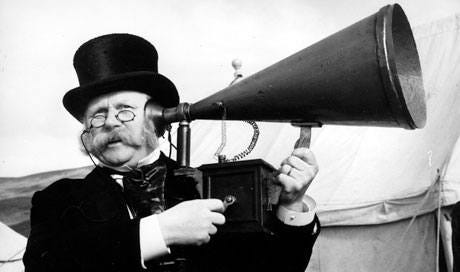Tony Fletcher, Wordsmith is a reader-supported publication with a free Midweek Update full of recommendations and news, and a long-form article for the weekend, ideally digested at leisure on a browser. If you enjoy what you read here, please consider a paid subscription, which not only gets you access to the full archive, exclusive articles and the Cro…
© 2025 Tony Fletcher
Substack is the home for great culture




